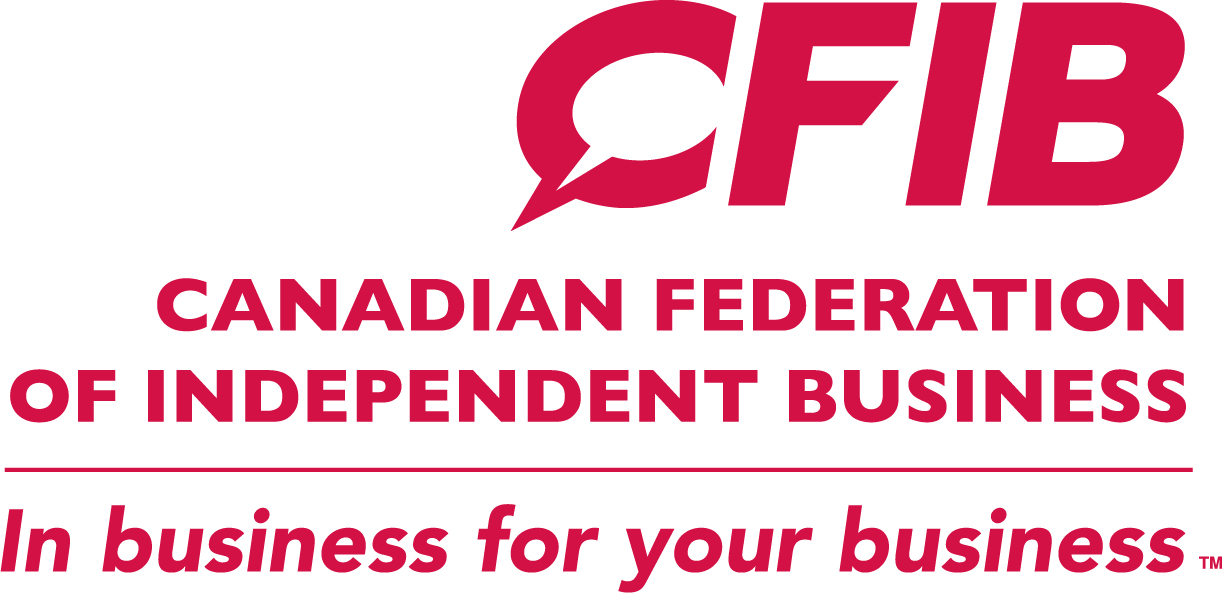CFIB asks Finance Ministers to delay CPP expansion, federal carbon taxes and reject changes to passive investment rules
TORONTO, Dec. 10, 2018 /CNW/ - Small businesses are facing a not so happy new year and will have to tighten their belts to deal with a host of new taxes, including Canada Pension Plan increases, new passive investment rules and the federal carbon tax in several provinces, warns the Canadian Federation of Independent Business (CFIB). With the Finance Ministers meeting taking place in Ottawa today, CFIB is urging the ministers to delay the planned CPP expansion and the federal carbon backstop as well as to reject adopting the new federal rules for passive investment income.
CFIB is encouraged by a letter released yesterday in which the Ontario and Saskatchewan governments call on the federal government to reconsider these initiatives and study the impact on small and independent businesses.
CFIB reminds Canadians of the following tax changes:
- CPP premiums will rise for five years for all Canadians starting January 1, 2019 and seven years for those earning over $56,000. This will reduce an employee's take home pay by up to $1,050 per year when fully phased in, and reduce the payroll budget of every employer.
- Federal carbon taxes will begin to hit taxpayers in Saskatchewan, Manitoba, Ontario and New Brunswick starting in the spring of 2019, rising each year for an additional three years.
- On top of higher taxes in 2018 for many family businesses due to new income sprinkling rules, small businesses with passive investment income above $50,000 per year will pay significantly higher corporate taxes starting in 2019.
"We're on the precipice of an affordability crisis for small businesses," said CFIB president Dan Kelly. "In fact, 84 per cent of small businesses in the four affected provinces say they can't afford the federal carbon tax announced last month on top of the CPP increases starting on January 1, 2019. This is on top of the incoming passive investment rules that will make it harder for small business owners to save for retirement, economic uncertainty or upgrades to their equipment."
In a survey of business owners in Ontario, Saskatchewan, Manitoba and New Brunswick, CFIB found that 87 per cent opposed this federal carbon tax plan, including many who otherwise support the principle of carbon taxation in general. In addition:
- 4 out of 5 business owners say the current plan to allocate 90 per cent of carbon tax rebates to consumers is unfair.
- 88 per cent want their respective provincial government to either withdraw support for the CPP expansion (47 per cent) or reconsider the timing and size of the increase (41 per cent).
"While CFIB supports the federal government's decisions to introduce accelerated depreciation, drop the small business tax rate to nine per cent and reduce EI premiums, the tax increases will eclipse any savings for most firms," Kelly noted.
"Small businesses need a break," added Kelly. "CFIB is calling on other provinces to join Ontario and Saskatchewan in calling on the federal government to reconsider the increase in CPP premiums set to begin in a few weeks."
CFIB is also calling on all provinces to follow Ontario's lead and the electoral commitment of the New Brunswick government by rejecting the new federal passive investment rules.
About CFIB
The Canadian Federation of Independent Business (CFIB) is Canada's largest association of small and medium-sized businesses with 110,000 members across every industry and region. CFIB is dedicated to increasing business owners' chances of success by driving policy change at all levels of government, providing expert advice and tools, and negotiating exclusive savings. Learn more at cfib.ca.
SOURCE Canadian Federation of Independent Business

For media enquiries or interviews, please contact: Milena Stanoeva, CFIB, 647-464-2814, [email protected]

Share this article